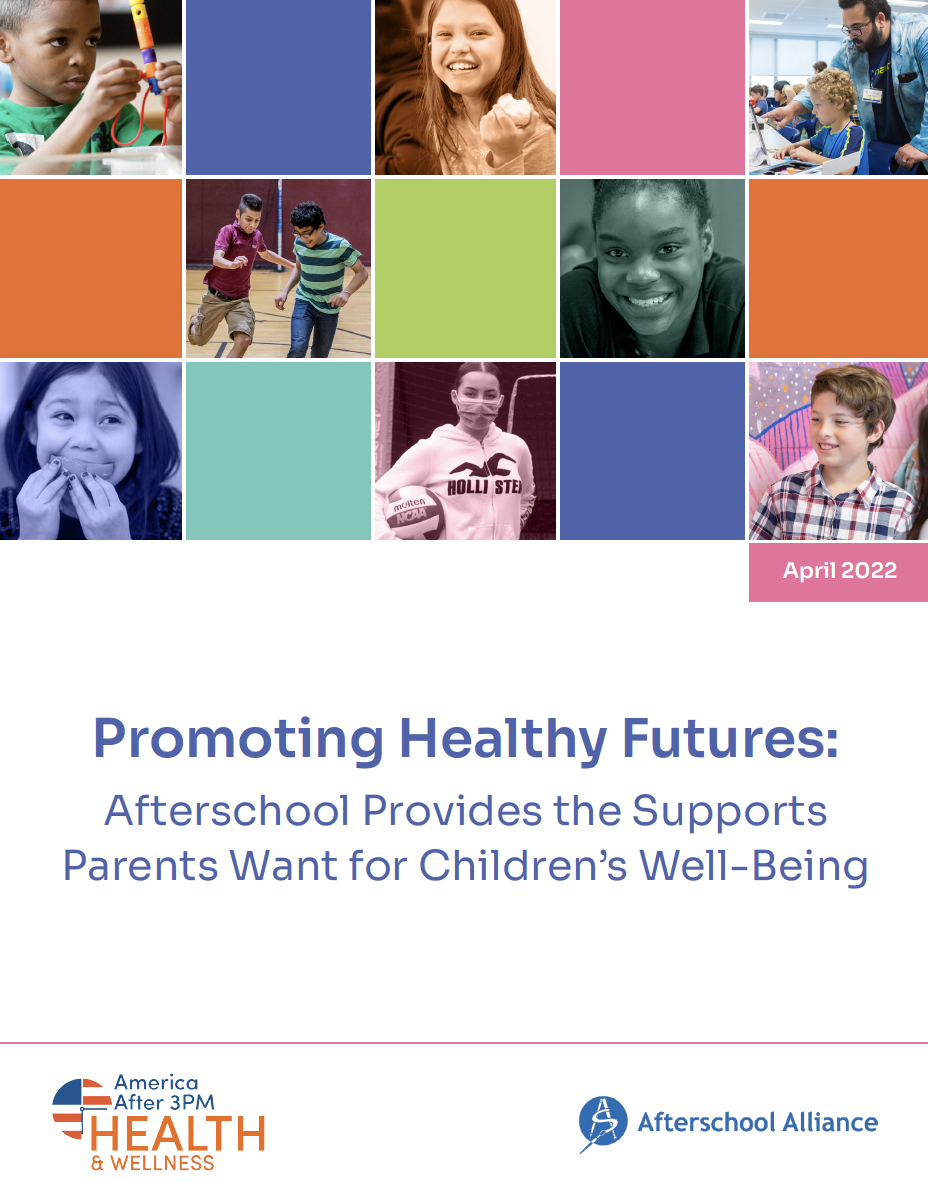Out-of-School Time (OST) refers to youth development programs that occur before and after the school day, as well as programs that occur during school breaks.
Comprehensive OST programs ideally include both expanded learning opportunities to support the school day and school-age care to support working families. Comprehensive programs provide safe places for students when their families are not available, as well as academic support, enrichment activities, and child and youth development opportunities.
In their America After 3 pm special report from 2020, the Afterschool Alliance shared data proving the need and importance for OST programs:
There are now nearly 25 million children unable to access afterschool programs.
More than 8 in 10 parents agree that afterschool programs provide opportunities for young people to engage with their peers and reduce unproductive screen time (85 percent), learn life skills (82 percent), and build confidence (81 percent). And more than three-quarters of parents agree that children in afterschool programs have opportunities to learn responsible decision-making (79 percent) and build positive relationships with caring adults and mentors (77 percent).
Across community types, regions of the country, and political affiliations, large majorities of parents agree on the benefits of afterschool programs.
By wide margins, a safe environment and quality of staff are the aspects of an afterschool program parents regard as the highest priority.


